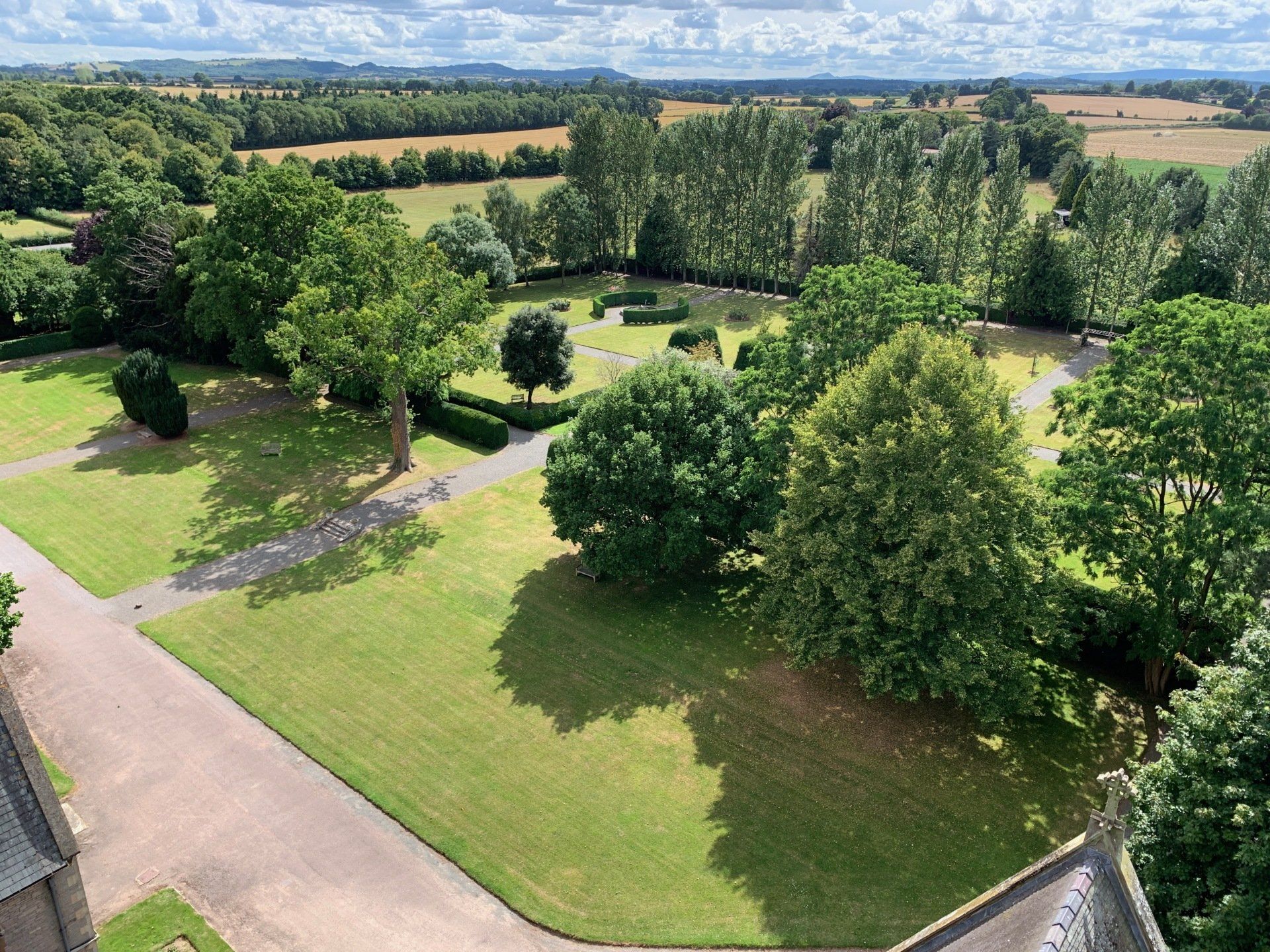Message of Abbot Paul - Monday 13th June
Abbot Paul • June 13, 2022

Message from Fr Paul for Sunday, 12th June 2022
Today all Western Churches celebrate the feast of the Holy Trinity, which gradually took shape from the time of the early Church councils and into the Middle Ages to counter those heresies that denied either the divinity or the humanity of Jesus and the divinity of the Holy Spirit. The Church also composed Creeds that from being used in the Baptismal Liturgy also came to be recited at the Eucharist on Sundays and feast days. Then there is the constant use of the doxology, “Glory be to the Father and to the Son and to the Holy Spirit,” and the Invocation, “In the name of the Father and of the Son and of the Holy Spirit,” and the Trinitarian conclusion to collects and other prayers. as well as blessings given in the name of the Triune God. The feast itself on the Sunday after Pentecost serves to bring to an end the liturgical cycle we have celebrated from Advent through Christmas, the Epiphany, Lent, Holy Week, Easter, Ascension and Pentecost. The feast of the Holy Trinity brings it all together and completes it. We piece together what we have celebrated.
The short Gospel passage we read today comes from John, (Jn 16: 12-15), where Jesus describes his own mission as the fulfilment of the Father’s will and intentions, which will be reinforced and completed by the Spirit.
“Jesus said to his disciples:
‘I still have many things to say to you
but they would be too much for you now.
But when the Spirit of truth comes
he will lead you to the complete truth,
since he will not be speaking as from himself
but will say only what he has learnt;
and he will tell you of the things to come.
He will glorify me,
since all he tells you
will be taken from what is mine.
Everything the Father has is mine;
that is why I said:
All he tells you
will be taken from what is mine.’”
Creation, redemption and sanctification are the combined work of God, who is Father, Son and Holy Spirit, yet God, who is the very source of life, cannot be contained in words or understood by the human mind. Our thoughts, words and descriptions are approximations, spoken usually in analogies, for we can only compare God with what we do know. In his Treatise on the Trinity, St Augustine tries out several analogies to help us understand the Trinity. Here is one of them: The one who loves, the one who is loved and love itself. Many other great theologians have done the same, and they come to the conclusion that we can only know God through pray and contemplation and the lived experience of faith, of walking with God in the cloud of unknowing, searching for God, as St Benedict describes it. Yet God is free to reveal himself to anyone, at any time and in any way: God is not limited or bound by our restricted minds and knowledge. There is much to think about in today’s feast.









